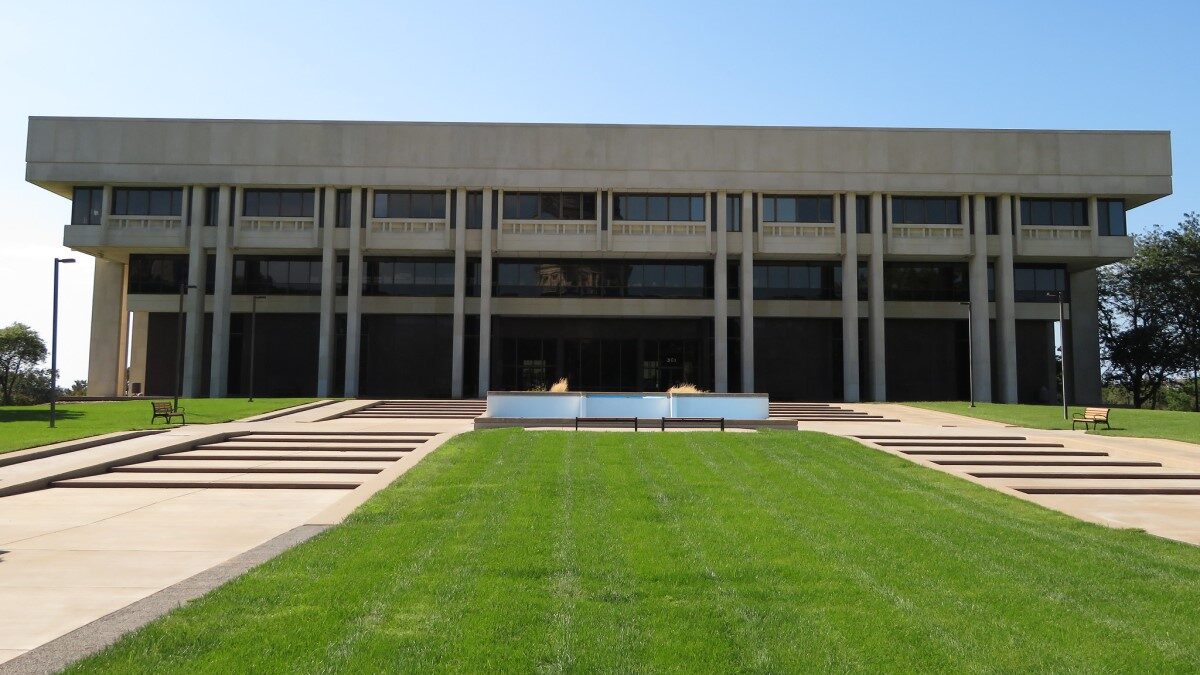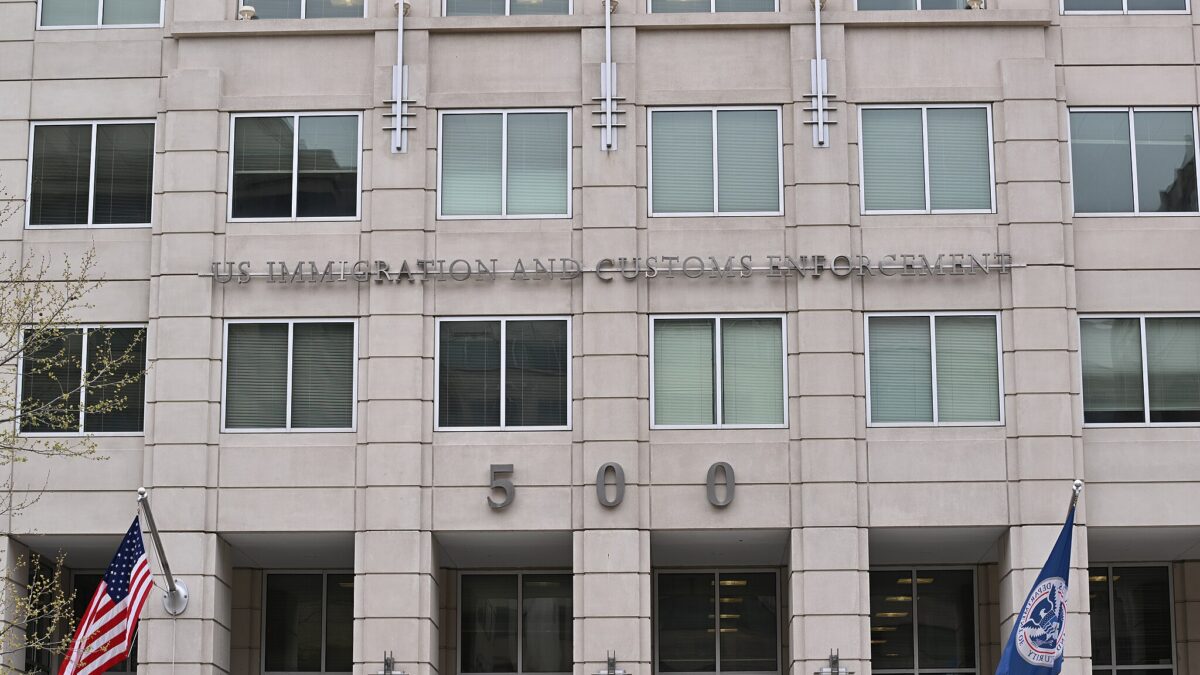On Friday, the U.S. Supreme Court declared it was returning the authority to regulate or prohibit abortion “to the people and their elected representatives.” The abortion lobby, however, has no intention of leaving the legality of abortions to the American public. Instead, it will seek to create an abortion-on-demand regime via activist state judges. Countering this strategy must take priority, or Dobbs will be for naught.
In Dobbs v. Jackson Women’s Health Organization, the Supreme Court overturned Roe v. Wade and Planned Parenthood v. Casey and held there is no federal constitutional right to abortion. Contrary to the misperception of some, the reversal of Roe and Casey did not make abortion illegal. Rather, Dobbs removed stringent judicial oversight on abortion laws.
Pre-Dobbs, under the controlling Casey framework, any law passed by a legislative body, whether Congress or a state legislature, was subjected to judicial scrutiny to determine whether the statute imposed an “undue burden” on a woman’s alleged right to have an abortion. That standard of judicial review prevented elected lawmakers from regulating abortion in most ways and left many universally supported laws, such as bans on abortion after 20 weeks, voided by judicial fiat.
What Dobbs did in overturning Roe and Casey was restore “the Constitution’s neutrality” to the issue of abortion and return the “authority to address the issue of abortion through the processes of democratic self-government established by the Constitution” to the people.
The abortion lobby and the extreme abortion left do not want “the people” to have a say, however, and have been working for years to ensure that if Roe and Casey were overturned, abortion-on-demand would remain the law of the land. To circumvent the democratic process, abortion apologists have been turning to activist state court judges for years.
Working to Lock Down State Courts
Long before Dobbs came down, the Center for Reproductive Rights, an abortion advocacy organization, has been implementing this strategy. “For decades,” the Center bragged recently, it “has brought cases in state courts to strengthen abortion rights and guarantee access beyond the federal system’s growing constraints.” The state courts “offer wider possibilities,” the Center explained, with each state having “a unique constitution and court system that is free to protect reproductive autonomy under novel legal theories and rights.”
Currently, the high courts in at least nine states have held a right to abortion exists in the state constitution separate and distinct from the federal constitutional right to abortion declared in Roe and Casey, making the Supreme Court’s Friday decision in Dobbs irrelevant in those states.
That left-wing state justices in California and Massachusetts would find a right to abortion in their states’ constitutions should come as no surprise, but it is not merely blue states where activists have found success with this approach. Rather, this strategy worked even in Kansas, which has voted for Republican presidential candidates in every election cycle but one since 1940.
In 2019, in response to a lawsuit brought by two abortion providers challenging a state law that criminalized dismemberment abortions—in which live fetuses are killed by being ripped apart limb by limb—the Kansas Supreme Court declared for the first time that the state’s constitution provides a fundamental right to abortion. That decision, Hodes and Nauser v. Schmidt, thwarted the will of Kansans, “who have consistently elected one of the most pro-life and pro-active state legislatures in this country.”
Now Kansans Have to Amend the State Constitution
While Hodes conflicted with the pro-life principles held by the majority of Kansans, that did not dissuade the state supreme court from finding a constitutional right buried in the state’s 150-plus-year-old constitution. Those justices, after all, were not beholden to ordinary Kansans, with four of the Kansas Supreme Court justices in the Hodes majority having been appointed by Gov. Kathleen Sebelius, a supporter of legal abortion.
The Kansas Supreme Court justices in Hodes did precisely what the U.S. Supreme Court in Dobbs condemned—they misused their raw judicial power to prevent the populace from addressing “the issue of abortion through the processes of democratic self-government.” Kansans are attempting to reclaim that authority and have been for the last three years, but to do so and overturn the Hodes decision requires citizens to amend the state constitution.
On August 2, 2022, Kansans will have the chance to do so when citizens go to the polls to vote on the Value Them Both Amendment. The ballot summary of the proposed amendment explains that “a vote for the Value Them Both Amendment would affirm there is no Kansas constitutional right to abortion or to require the government funding of abortion, and would reserve to the people of Kansas, through their elected state legislators, the right to pass laws to regulate abortion.” In other words, the state constitution would remain neutral on abortion and leave the decision to the people and their elected representatives.
Here’s What Pro-Lifers Should Do
Kansas should serve as a warning to the pro-life movement of the risk activist state courts pose in other states and prompt a three-prong approach to counter the abortion lobby’s strategy.
First, the right-to-life movement should work to tee up constitutional amendments that clarify there is no state constitutional right to abortion. Four states currently have constitutional amendments expressly providing that the state constitutions do not include a right to abortion, with Tennessee passing the first amendment in 2014. Alabama and West Virginia followed in 2018, and Louisiana voters approved a similar amendment in 2020.
Second, just as elections matter on the federal level for determining the composition of the U.S. Supreme Court, the pro-life movement must make clear the importance elections hold at the state level for both governors, who may appoint justices, and the justices themselves. Also, politicians and their staff responsible for vetting or appointing justices must take that responsibility more seriously and consider the potential jurist’s judicial philosophy.
Finally, politicians and pro-life advocates must educate the public on the value of allowing abortion policy to be decided by the legislative process instead of by judicial fiat. The public needs to hear the truth that if a state court declares a state constitutional right to abortion exists, a handful of justices will have the power to mandate an extreme abortion regime, allowing for post-viability abortions and taxpayer-funded abortions, and putting at risk even the most popular bipartisan legislation.
Governor Pushing for Human Dismemberment
With the volume of discourse raised since Friday’s release of Dobbs, it will be difficult to break through the noise, especially in states led by Democrats, such as Michigan. In Michigan, Democrat Gov. Gretchen Whitmer has been using her bully pulpit to frame the public debate over abortion while she uses her office to push the Michigan Supreme Court to declare a right to abortion under the Michigan constitution.
Earlier this year, Whitmer first filed a lawsuit in her role as governor asking the court to declare that a 1931 Michigan abortion ban violates the due process and equal protection clauses of the Michigan constitution. That 1931 ban has been unenforceable since Roe was decided but remains on the books.
A lower court had stayed enforcement of the law pending the Dobbs decision. On Friday, in response to Dobbs, Whitmer filed a motion “asking the Michigan Supreme Court to immediately consider her lawsuit asking the court to decide if Michigan’s state constitution protects the right to abortion.”
Since the draft opinion in Dobbs leaked last month, Whitmer has also been whipping up public sentiment in advance of any hearing before the Michigan Supreme Court. “Now is the time to use every tool in our toolbox to protect all aspects of reproductive health care,” Whitmer said in a May press release, promising that she is “going to fight like h-ll so every Michigander can make decisions about their own body.”
“However we personally feel about abortion, health, not politics, should drive important medical decisions,” Whitmer argued, adding that “a woman must be able to make her own medical decisions with the advice of a health-care professional she trusts. Politicians should not make that decision for her.”
Lying to the Public
Beyond her euphemistic reference to “health care” and “medical decisions,” Whitmer seeks to hide the extreme abortion regime she wants for Michigan by diverting attention from the impact of a Michigan Supreme Court decision declaring the existence of a state constitutional right to abortion. She does this in two ways.
First, Whitmer focuses on the lack of a rape or incest exception to the 1931 abortion ban to create the impression that her lawsuit would merely render just that aspect of the law unconstitutional. But, if Whitmer succeeds in having a state constitutional right to abortion divined in the due process or equal protection clauses of the Michigan constitution, the state legislature would be unable to regulate abortion and taxpayer-funded abortions could be mandated.
Whitmer also misleads the public by citing a poll that 77 percent of Michiganders “believe abortion should be a woman’s decision.” That poll, however, failed to inquire about respondents’ views on any specifics, such as whether taxpayer-funded abortions should be constitutionally required or late-term abortions permitted.
What about parental notification or consent laws? Or laws banning abortions based on the sex of the unborn child? Such laws are widely supported, yet if Whitmer succeeds in her lawsuit, the Michigan Supreme Court would wrest those questions away from the legislative branch.
That is precisely what Whitmer and other abortion apologists want. They know that no matter how many polls they trot out, most of America does not want the extreme abortion regime that exists in California and the other states where courts have declared a state constitutional right to abortion exists.
The justices of the Michigan Supreme Court, like those on the Kansas Supreme Court, may not care. But on August 2, 2022, we’ll know if Kansans do, and pro-life advocates would be wise to watch the developments in both states to ensure that Dobbs’ promise to return the question to the people is fulfilled.









